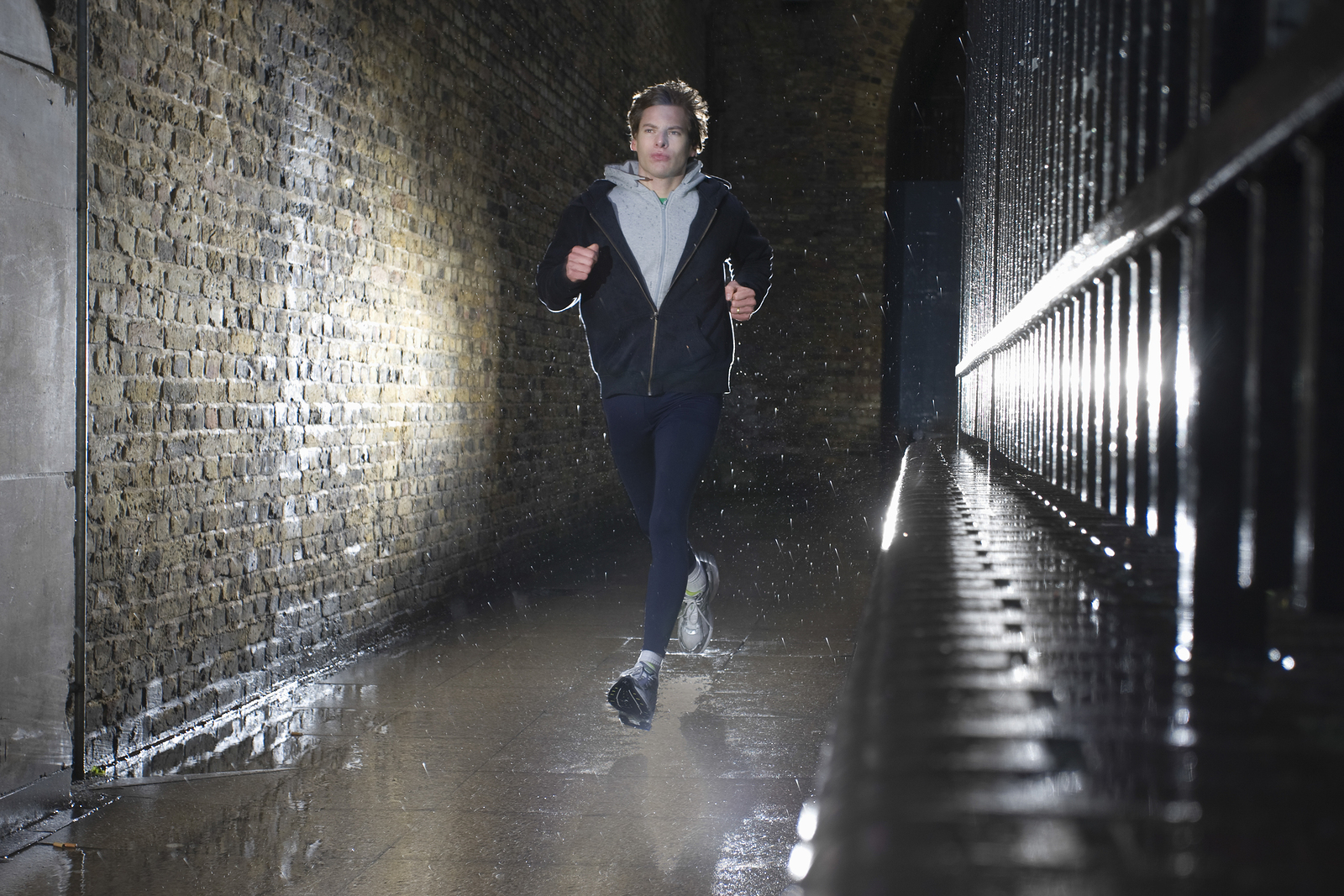Is your day so hectic that you can’t squeeze an hour for exercise? What about nights? If you think working out will mess with your sleep, banish the thought. Studies show that working out within 4 hours of sleep does not affect the quality of a person’s sleep.
Researchers at Arizona State University analyzed data from a survey conducted on 1,000 adults, gathered through the National Sleep Foundation in America 2013 poll. The survey asked about the respondents’ exercise routine, time, and frequency. There were also questions about how hard they pushed themselves, how long it took them to sleep, how they felt waking up in the morning, and questions related to their exercise pattern and sleep quality.
>>> Amino Acids May Solve Sleeping Problems
>>> Sleep: How to Get on a Schedule and Routine
>>> Secret Muscle Building Weapon: Sleep
The survey did show that those who exercised in the morning generally slept best. Between those who exercised within 4 hours before sleep and those who didn’t exercise at all, there was no difference to the quality of their sleep. This suggests that if you have no way to exercise in the morning, avoiding exercise in the evening on the pretext of a better sleep, is not supported by research. The study, in fact, endorses an evening exercise over no exercise at all, for all its health advantages.
This study gives emphasis on the difference in sleep quality between those who exercise before sleep, and those who avoid it. Lead author Matthew Buman says, however, that if individuals feel pre-bedtime exercise particularly disrupts their sleep, they must find other ways and time to do their workouts.
In other studies, National Sleep Foundation’s Max Hirshkowitz says that sweating it out at whatever time of the day has positive impact on sleep. Buman adds that exercise improves people’s perception of their sleep quality. While perception is not the same as the objective evaluation of sleep, perceived sleep is a good indicator of health. This perception, in turn, increases the likelihood of doing the exercise again. Together, perceived sleep and exercise sustain each other reciprocally.
